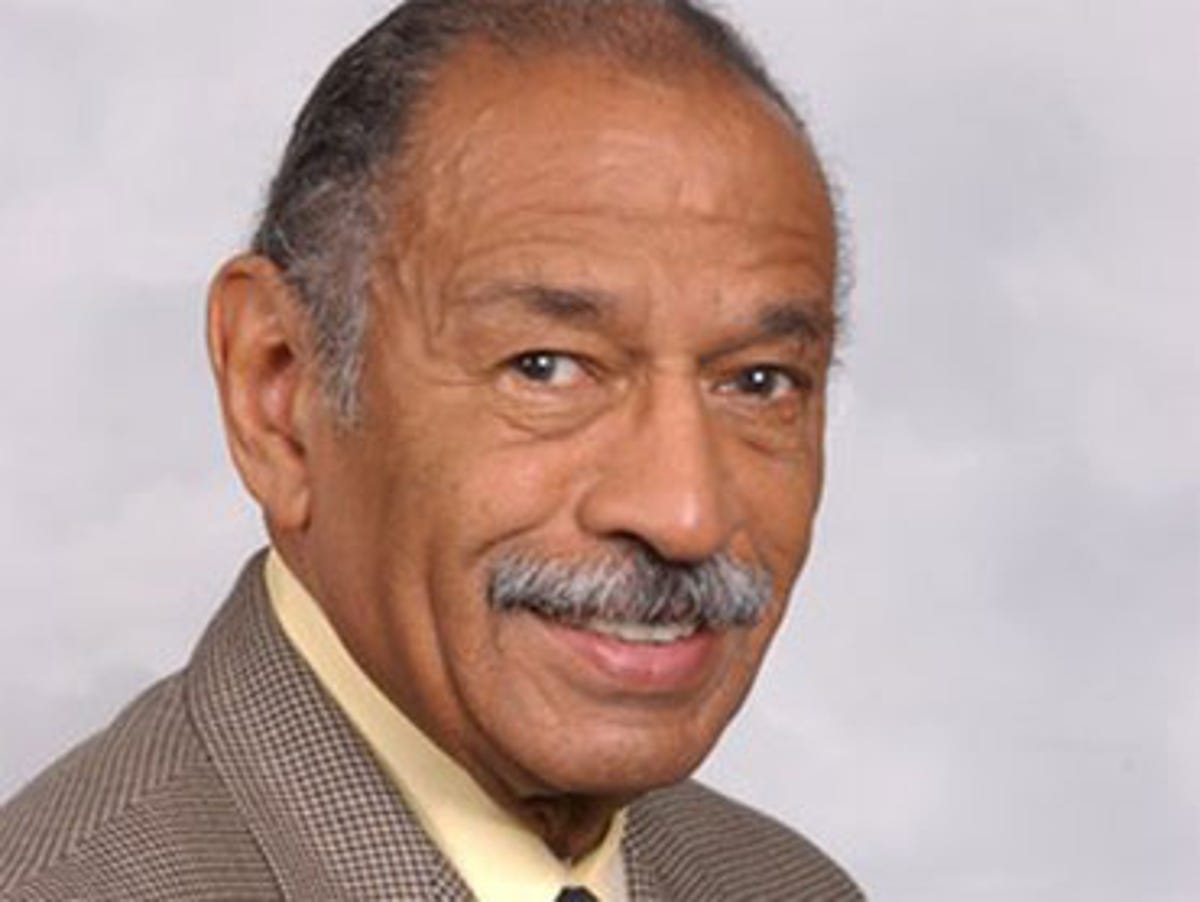A growing number of Congressional leaders and state officials are urging the Federal Communications Commission to move forward with its review of LightSquared, the controversial startup that plans to build a national wireless broadband network using satellite spectrum.

conyers.house.gov
Last week, Rep. John Conyers (D-Mich.) sent a letter to FCC chairman Julius Genachowski in support of the company and its plans.
“I write to express concern about delays in the approval process involving LightSquared’s proposed 4G-LTE wireless broadband network,” Conyers wrote in a letter sent last week. “I strongly urge the Commission to move with urgency to fully test potential solutions to the LightSquared-GPS interference issue employing transparent, fact-based methodologies, common-sense standards and independent testing facilities.”
In total seven Congressional leaders have filed letters with the FCC supporting LightSquared’s bid to build its network. And since December 13 state officials, including the governor of Mississippi have also sent letters of support to the FCC. Congressional leaders and state officials have been a mix of Democrats and Republicans.
What these lawmakers and government officials are saying is that the FCC should give LightSquared the green-light to build its nationwide wireless broadband network, because it would offer more competition and more bandwidth in the market at a time when competition and additional bandwidth are both very much needed.
“I think there is a common perception that the political weight is on the side of the GPS industry, because they have been effective in getting their constituents to say all kinds of scary things about what will happen if our network is buit,” said Jeff Carlisle, executive vice president for regulatory affairs and public policy for LightSquared. “They do this to isolate us. But what they’re saying simply is not true. And people all over the country, including our partners know that. They can see we are trying to offer something valuable to American consumers and businesses. And that’s the support the letters from state legislators and from our supporters on the Hill are showing.”
A year ago, the FCC granted LightSquared a waiver to use its spectrum, which is supposed to be used for satellite and terrestrial communications, for terrestrial only use. As a condition of this waiver, the FCC said that there can’t be any harmful interference between LightSquared and others in nearby spectrum.
But the GPS industry claims that LightSquared’s network will interfere with its receivers. And it has launched a political war against LightSquared to stop the network from being built.
Meanwhile, LightSquared acknowledges potential interference issues, and it’s already agreed to not use the spectrum closest to the GPS bands. It’s also demonstrated how filters can be used to mitigate interference.
But the GPS industry still claims this is not enough. And in a recent hearing government officials, who use GPS technology, testified that LightSquared’s network would interfere with critical systems, including those used for aviation.
Now the FCC must decide whether it sides with the GPS industry and reject the waiver and LightSquared’s license to use the spectrum to build this wireless broadband network. Or it decides that the interference can be mitigated and grants LightSquared the right to build its network.
Meanwhile, some Republicans have questioned whether the FCC and the White House have been showing LightSquared favoritism for allowing the waiver in the first place. Sen. Chuck Grassley (R-Iowa) has vowed to block President Obama’s two FCC nominees unless the FCC releases documents regarding LightSquared’s review.
Sprint Nextel, LightSquared’s largest partner, is hoping an FCC decision can be reached by mid-March.



